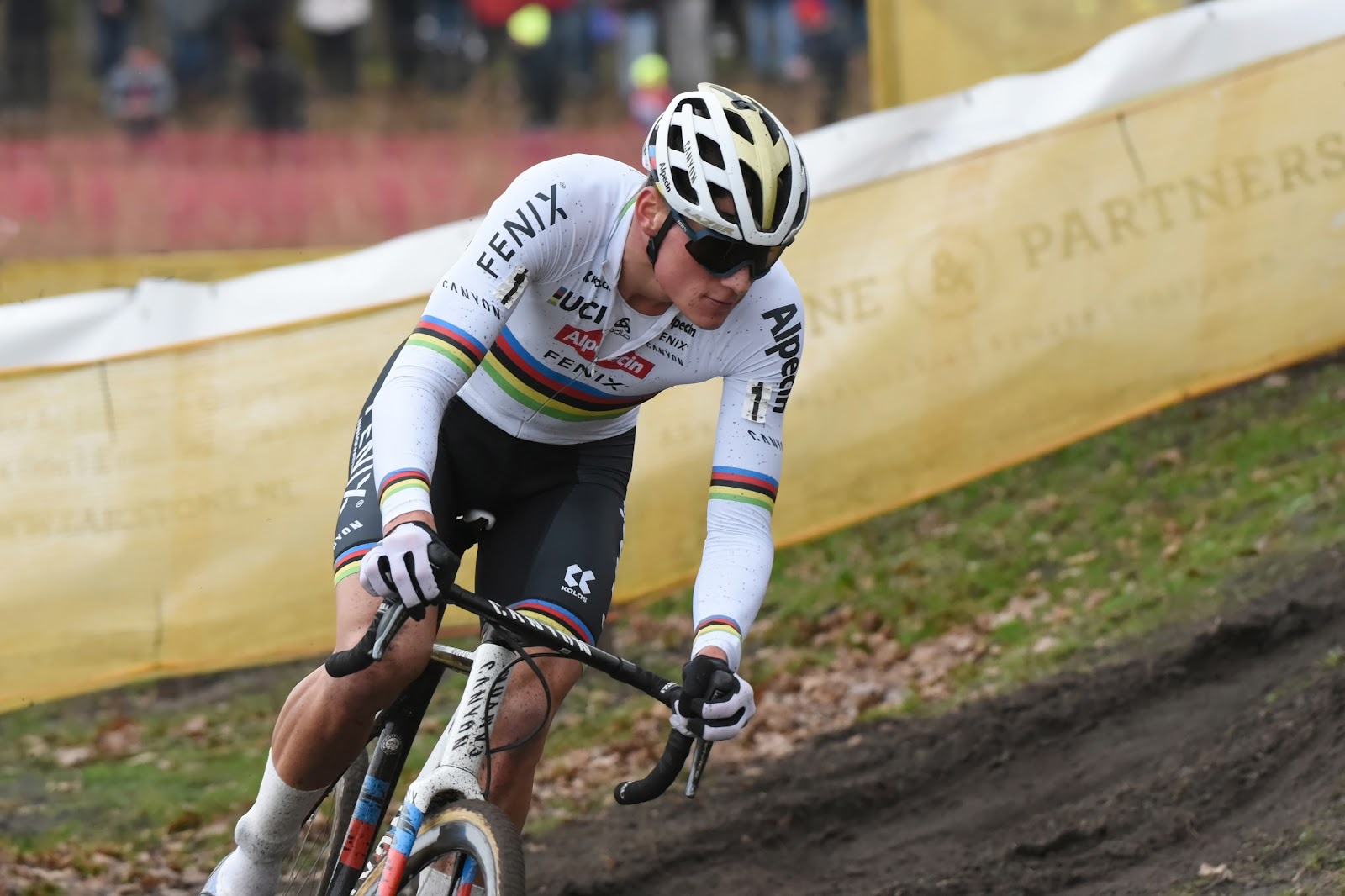Two of Britain’s greatest
time triallists of 70 years ago come to mind, Ray Booty and Frank Colden. This
was prompted by social media chat recalling how Colden smashed the 100-mile
record in 1962.
Both Colden and Booty
are featured in Whitfield’s fine book “12 Champions” published in 2007. The book launch turned into a memorable
occasion for these elder statesmen of the sport, mingling with other champions also
featured in the book.
For when they spotted
each other across the crowded room, it was the first time they had met since
Colden broke Booty’s record over 40 years before!
It was a like a
reunion of two long lost brothers as the pair vigorously shook hands with
exclamations of delight, before falling into deep conversation.
Whitfield described
Colden’s story as the “most inspiring, enigmatic and puzzling of all the 12 champions”.
Colden had, in secret, ridden 400 miles a week during a cold winter. “He came
out of this winter block with supreme form and smashed national records and in
1962 swept the floor of the national championships.”
Then “disappeared”
from competition, which led to speculation he had overdone it and was ill.
A member of the
Farnborough and Camberley Wheelers, Colden won the national championship 100 mile
TT on the hallowed Bath Road in what was then the earth shattering time of 3
hours 54 minutes 23 seconds, a national record.
But the measure of
that result was in carving 4 minutes 5 seconds off Booty’s time of 3-58-28 set
six years before, in 1956 which famously smashed the four hour barrier for the first
time with the first 25mph ride for the distance.
In writing about
Booty’s famous sub-four hour ride, Whitfield described it as one of the most
iconic cycling records. He says that in many ways, Booty’s ride came from the
golden era of time trialling before the days of heavy traffic when the great
time triallists really were the stars of the domestic season.
I was a mere schoolboy
when the “Boot”, as he was affectionately known,
was at his prime and I wouldn’t take up cycling
until the early sixties. But I well
remember Colden’s epic “100” which made the front page of Cycling, a magazine I
would join in 1971.
During my time as
reporter, I wrote a series featuring legendary UK riders.
One of them was Booty,
and it was my great pleasure to meet him and his wife at their home near Derby. Like many star riders, he had instant recall
of his career.
He rode for Ericcson
Wheelers, which was a section of the works sports and social club
formed by Ericcson,
the Swedish communications technology company he was employed by as an
electrical engineer. The company were very supportive of staff with sporting
ambitions.
A modest man, Booty
always seemed taken aback by all the attention given his remarkable results,
all achieved on 84-inch fixed wheel track bike, a much lower gear than many
“testers” preferred.
He also rode the
track, but not successfully, he told me.
However, besides his
time trialling victories, he enjoyed national and international success in road
racing.
He also enjoyed long distance cycle touring holidays
abroad and as was the practice back then when not many owned a car, he would ride
out to events the day before.
On the day before one
his “100” victories, but not the record breaking one, he recalls how he and other
rivals relaxed in the cinema watching
Kenneth More in war film “Reach for the Sky”.
When Booty broke the four-hour barrier for 100 miles in the Bath Road
Club Classic in 1956, it made the national headlines, for this ranked alongside
Roger Bannister's sub-four minute mile.
"Booty the incomparable, the incredible, the indomitable" ran
the Daily Herald headline. It was the third competition record for the '100' by
the tall, bespectacled 'Boot' as he was affectionately known.
Booty's time of 3-58-28 gave him victory by over 11 minutes – a huge
margin - and won him Cycling's gold medal offered to the first man to beat the
magic four hours and average 25mph. And this latest epic was achieved riding a
fixed gear of 84 inches.
Those he beat were left open-mouthed and astonished by the margin of his
victory. Second was Stan Brittain, who had finished third in the 1955 Peace
Race in Eastern Europe, then considered as tough as the Tour de France. Double
Milk Race winner Bill Bradley was fifth fastest, while Alan Jackson, the
Olympic bronze medallist at Melbourne was sixth; with future Giro d'Italia
stage winner Vin Denson fourteenth.
Booty’s career also includes prestigious road race victories, including
in1954 the Manx International road race. In 1958 he became Commonwealth Games
road race champion at Cardiff.
But it is for his victories against the watch for which Booty will
always be remembered. He dominated the sport of time trialling in the 1950s. In
1955 he became '100' champion at York, in 4-04-30, winning by over five minutes
and taking two minutes one second of the record.
In 1956, he retained the title with another comp record, in 4-1-52.
Then, the very next month, on August Bank Holiday Monday, he became famous for
all time when he famously beat four hours.
The following month he broke the Road Records Association straight out
100 in 3 hours 28 minutes 40 seconds. The record stood for 34 years!
